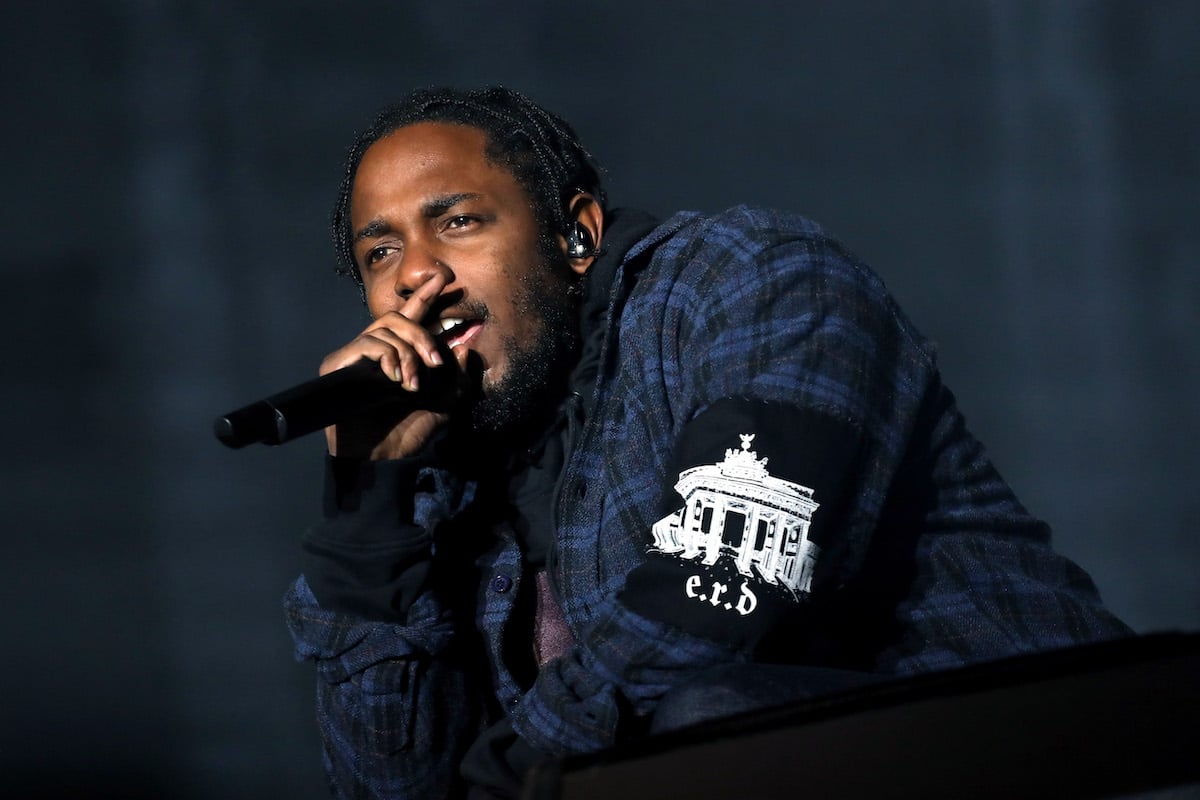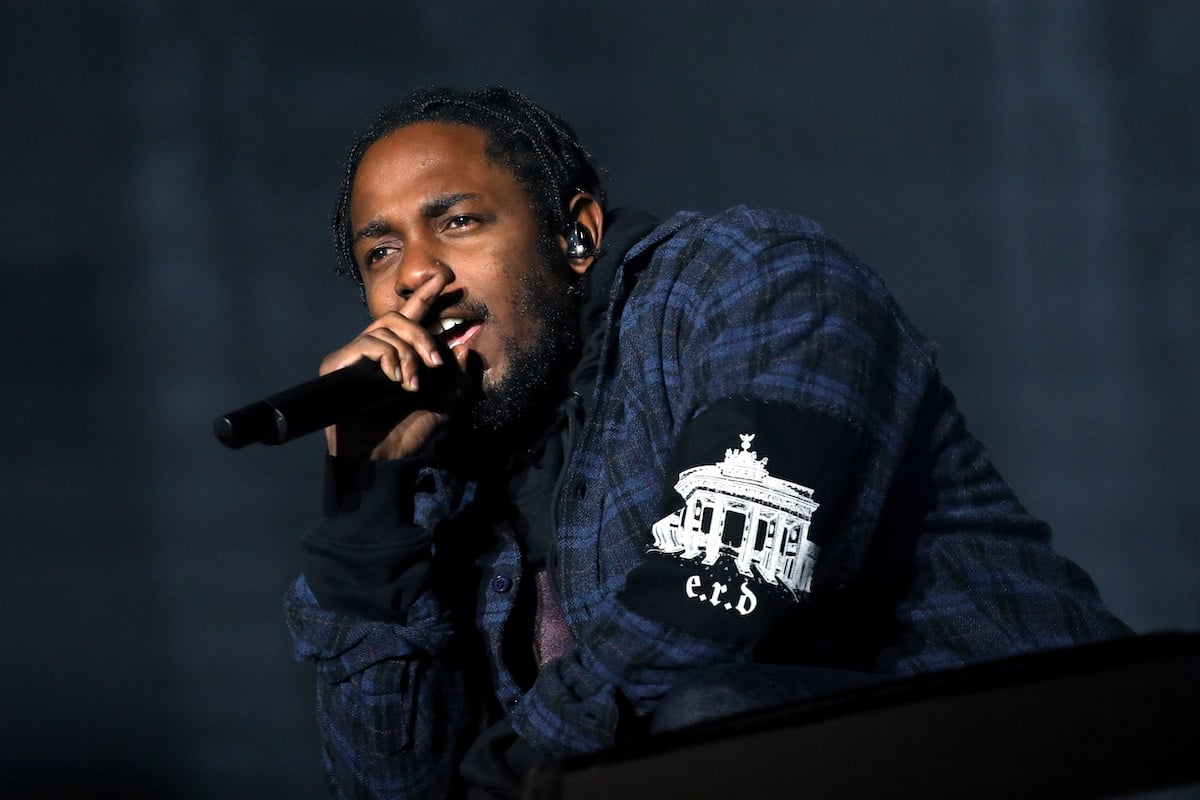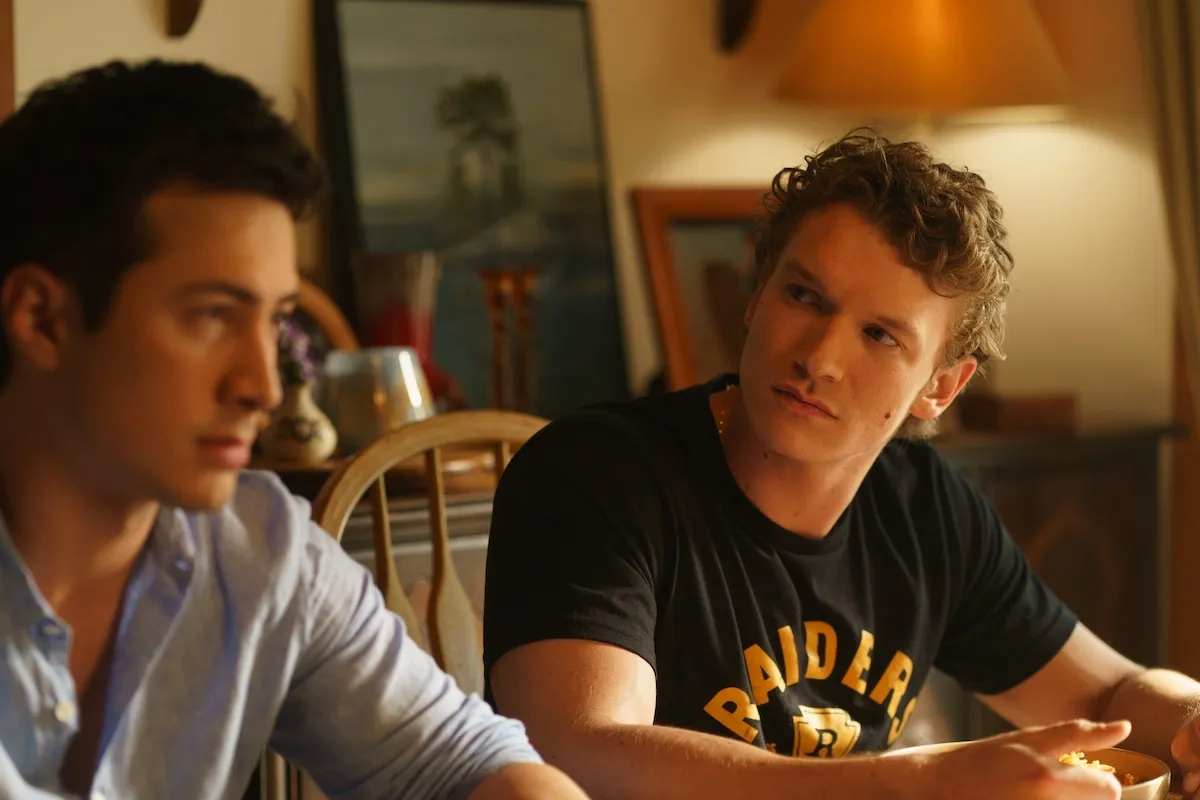
Is Kendrick Lamar in a Gang?
Kendrick Lamar is one of music’s finest storytellers. Throughout his oft-celebrated discography, he has written extensively about the perilous climate he grew up in and the characters who filled his neighborhood with vivid detail and necessary nuance. Compton is now understood as a city beset by decades-long disenfranchisement and gang culture attempting to fill structural voids. Still, when Lamar’s parents moved the family to the West Coast, they hoped it would be a haven for them and their son to start anew.
Lamar discovered artistic outlets that many of his peers did not, but even the good kid in a mad city could fall victim to the dangerous atmosphere of his environment.
Kendrick Lamar’s parents tried to protect him from the gang lifestyle

Kenny Duckworth and Paula Oliver, Kendrick Lamar’s parents, left Chicago for California in 1984. Duckworth was allegedly involved with the South Side gang the Gangster Disciples, and the couple left town to get a fresh start where Duckworth didn’t have any street ties. They initially planned to move to San Bernardino, but they had family in Compton willing to help while they tried to find their footing. Unfortunately, the city was transforming into the same sort of place they wanted to avoid, Biography reports.
According to Grunge, white anger at the idea of interracial neighborhoods and the local authorities’ systemic abuse of power made South Central an increasingly harsh place for people of color to live. Gangs formed to protect local communities, but younger members turned to crime to make a living as living conditions worsened. The Crips were founded first, and the Bloods formed in response to the murder of Robert Ballou Jr., a teen whom Crips members killed for his leather jacket, starting a turf war that continues to this day.
Lamar was born into poverty in 1987, living off welfare and food stamps throughout his childhood. He was more of an observer than an active gang member in his youth. However, much of his early music reveals he willingly participated in these activities at times, either because his family could use the money or because of “The Art of Peer Pressure.”
Kendrick Lamar’s Reebok collab attempted to unite Compton’s gangs
Lamar often uses his platform to plead for peace and camaraderie in his hometown. One way he tried to get his point across was with his special edition of Reebok’s Ventilator shoe. Released in 2015, the “Neutral” colorway is an off-white sneaker with subtle statements in the details.
The left sneaker uses blue on the tongue and inner lining, while the right shoe uses red, with the corresponding details embroidered on each heel. For anyone unfamiliar, blue is traditionally the color for the Crips, and red is associated with the Bloods. Lamar expressed a similar idea in the cover art for the single “i” from the To Pimp a Butterfly album.
Unsurprisingly, the shoes didn’t spark social change. But two gang members, who sat down to talk about the “Neutral” Ventilators in a promotional video, appreciated the attempt.
“The message behind the new Kendrick Lamar shoe is uniting red and blue, where we all can exist and respect each other and love one another,” said G Weed, a local Bloods member.
“Kendrick is just really giving us a reason and giving us an understanding of why we should have unity, or why we should really wanna do this,” concurred Jigga, a Crips member.
Rappers with gang ties have always been present, but the reaction to them is changing
Rap’s connection to gang culture has always been a complicated issue.
Legends like N.W.A., Tupac, and Ice-T had known affiliations or experiences with gangs. Modern hip-hop artists such as Lil Durk, Playboy Carti, and Vince Staples also leverage their connections in their lyrics.
The visceral nature of these stories can be fascinating to listeners and lucrative for the artists’ careers, but a legal push in recent years has tried to punish rappers for their songs’ content. Young Thug and Gunna are in jail for various charges alleging YSL Records is the public face of a street gang, with one of the pieces of alleged evidence against them being the song “Take It to Trial.”
In many observers’ minds, the use of lyrics in criminal cases is a misreading of the First Amendment that plays into negative stereotypes surrounding rap music and Black people in general. To help defend the art form and its practitioners, Jay-Z, Meek Mill, and other artists signed Senate Bill S7527, also known as “Rap Music on Trial,” to limit the use of a person’s music in a New York-based criminal trial. The state senate approved the bill, but it needs to pass the state assembly before becoming law.


